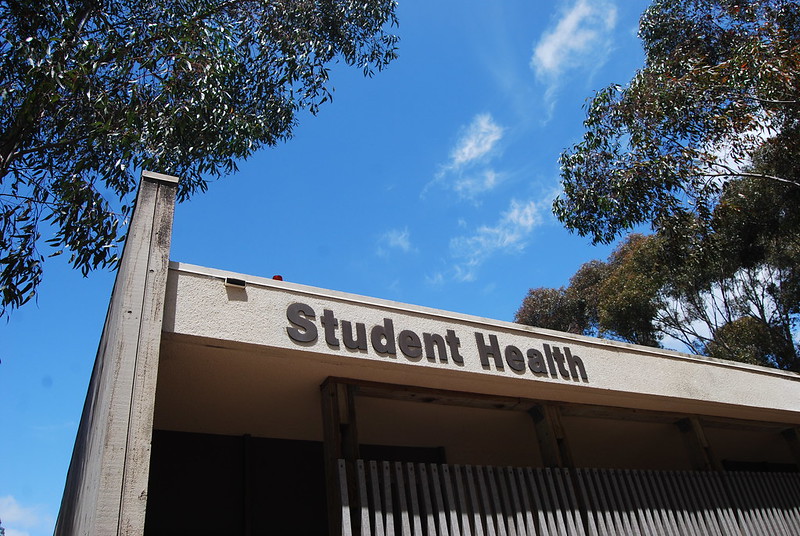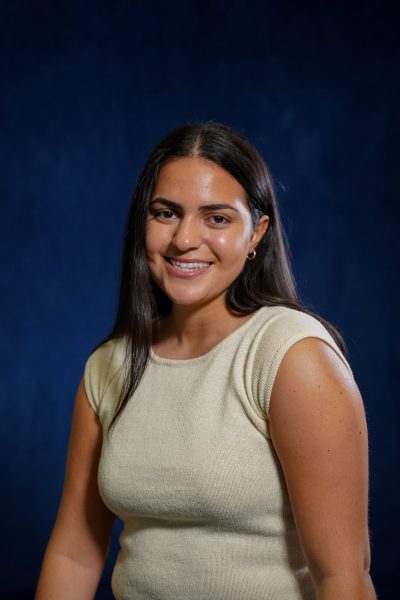The UC San Diego School of Medicine announced on Jan. 4 that it has received a five-year grant worth $5 million from the Agency of Healthcare Research and Quality to establish a new center for Learning Health Systems science.
The grant provides a center for clinicians and researchers to learn and adopt health systems science — a health system in which, by integrating internal data and experience to external evidence, available research evidence is swiftly put into practice through clinical applications.
According to the UCSD Department of Family Medicine, by continuously updating practices as more evidence becomes available, the Learning Health Systems framework can discover new ways to improve patient outcomes and health care.
In a press release by UCSD Health, PhD, MPH, and Director of Learning Health Systems Ming Tai-Seale noted that health systems face poor utilization of resources, rising healthcare costs, and disparities in access to healthcare. She hopes that the new center would address these issues.
“I envision that the new center will help our researchers and clinicians understand and overcome these system-level challenges and accelerate our progress toward a highly reliable learning health system,” she commented.
In this new center, trainees will take UCSD courses to learn the fundamentals of Learning Health Systems science and implement their findings in practice by their second or third year of training.
To meet a high degree of interdisciplinary collaboration, the School of Medicine will collaborate with faculties across eight different UCSD departments to mentor center trainees.
The center will consist of three cores, each serving an individual function. Tai-Seale will lead the Administrative Core, providing and managing the center. Department of Medicine Professor Michael Hogarth, MD, will lead the Research Data and Analytics Core, managing data analysis. Crystal Wiley Cené, MD, MPH, will serve the Research Education Core and provide research and mentorship opportunities, according to the press release.
Additionally, Cené will serve a dual role as the chief administrative officer for health justice, equity, diversity and inclusion, as well as the associate chief medical officer for health equity.
Cené lists diverse personnel as one goal for the center, by recruiting diverse and underrepresented trainees and researchers as mentors as part of the program.
In improving health care, Tai-Seale believes that the development of new treatments is not always the solution.
“It’s also about improving the way we deliver health care through improving patient-provider communication, helping underserved populations access care, and even reducing burnout among health care workers,” she added.
Nationwide, UCSD is one of many universities that have adopted Learning Health Systems in its program. The University of Michigan Medical School, Johns Hopkins Berman Institute of Bioethics, and Vanderbilt University Medical Center are some of many notable institutions that have published and supported Learning Health Systems.This grant is one of many milestones for the UCSD School of Medicine and Health, which announced new various partnerships in 2023. Last month, UCSD Health announced its acquisition of Alvarado Hospital Medical Center, which will introduce behavioral health services in its 302-bed medical facility. In October, UCSD Health announced its partnership with Tri-City Medical Center, opening up doors to more accessible and affordable healthcare services.











